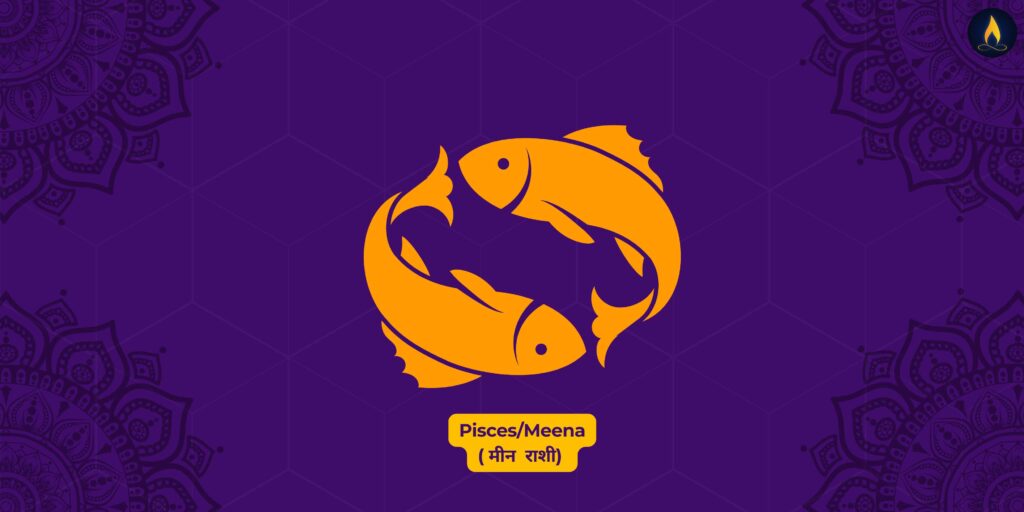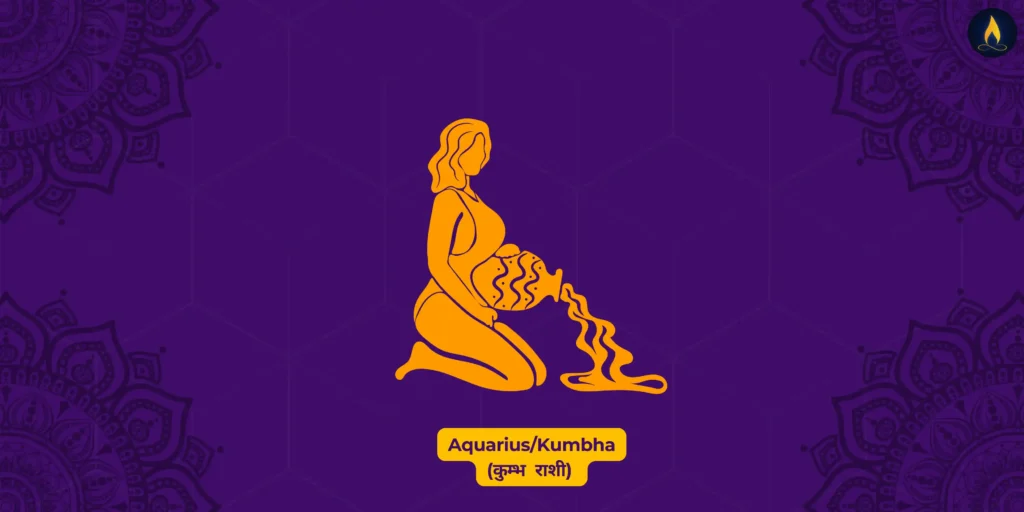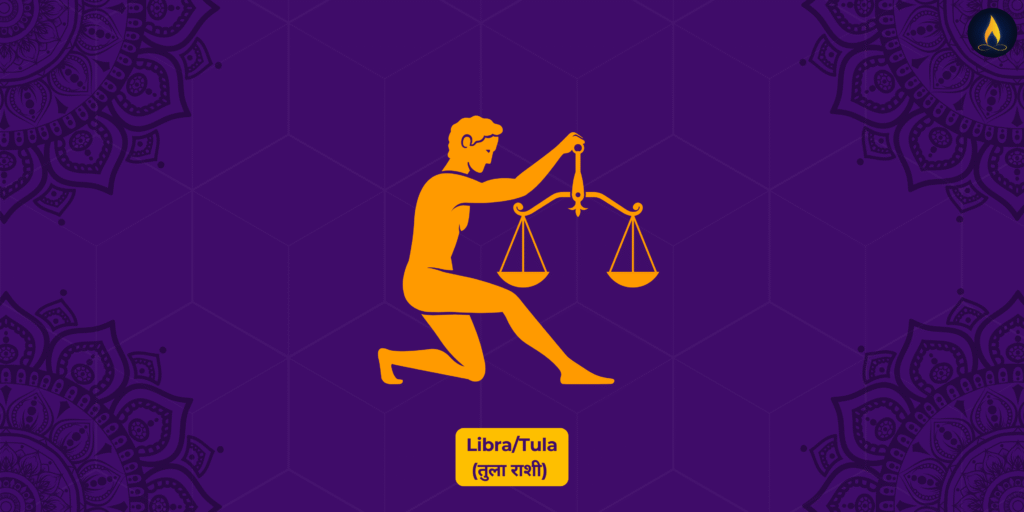Blog Contents
Toggle
Fasting and vrata hold deep roots in spiritual and cultural traditions, yet they differ in their purpose, practice, and meaning. While fasting (Upavasa) primarily refers to abstaining from food, vrata, on the other hand, extends to include vows, resolutions, and lifestyle commitments aimed at personal and spiritual growth. Moreover, this blog delves deeply into the essence of both concepts, shedding light on their significance, exploring their various types, and uncovering the numerous benefits they offer.. In Sanskrit, vrata means “vow,” “resolve,” or “commitment.” It reflects personal or spiritual discipline.
What is Vrata? Understanding the Broader Meaning Beyond Fasting
Explore the Spiritual and Cultural Significance of Vrata
The term vrata comes from the Sanskrit root “vri,” meaning “to choose” or “to vow.” A vrata is a personal or spiritual commitment to achieve a specific goal, often intertwined with religious devotion or self-improvement.
Vow is not limited to abstaining from food. It may involve:
- Temporarily adopting vegetarianism for purity.
- Observing silence (Mauna Vrata) to cultivate mindfulness.
- Setting personal goals tied to spiritual offerings or practices.
Difference Between Fasting (Upavasa) and Other Forms of Vrata
By contrast, Upavasa specifically focuses on refraining from food or certain types of food as an act of devotion. Furthermore, it not only serves as a form of self-discipline and purification but also helps to cleanse both the body and mind. As a result, it strengthens the connection between the physical body and spiritual practices, thereby deepening the practitioner’s overall sense of alignment and spiritual awareness. Additionally, this practice is often intertwined with sacred traditions, enhancing its significance. Upavasa is derived from “upa” (near) and “vasa” (to stay), meaning to stay close to the divine.
On the other hand, other forms of vrata, such as vows of silence or lifestyle changes, not only emphasize self-discipline but also place significant importance on mindfulness and spiritual aspirations that extend far beyond dietary restrictions. Moreover, these practices encourage introspection and intentional living, helping individuals cultivate clarity and focus. Additionally, they foster a deeper sense of purpose and connection to one’s inner self and the divine, ultimately making them holistic and transformative approaches to both personal and spiritual growth.
Upavasa: The Role of Fasting in Vrata
Why Fasting is Only One Aspect of Vrata
Fasting plays a vital role in a vow; However, it is important to note that fasting is only one aspect of it. More specifically, while Upavasa focuses primarily on physical discipline and purification, a vow encompasses not only physical but also mental and spiritual commitments, thus broadening its scope significantly. Moreover, Upavasa, as a significant component of a vow, is frequently observed during sacred days like Ekadashi or Teej, which, in turn, helps to amplify both devotion and spiritual energy, creating a profound connection to the divine.
The Physical and Spiritual Benefits of Upavasa
- Physical Benefits:
- Detoxification and improved metabolism.
- Regulation of upavasa sugar levels.
- Enhanced immunity and digestion.
- Spiritual Benefits:
- Heightened focus and connection with the divine.
- A disciplined mind and a calmer spirit.
- A stronger bond between body, mind, and soul.
Connection to Intermittent Fasting and Modern Health Trends
Modern practices like intermittent fasting mirror the ancient principles of Upavasa. They emphasize timed eating to:
- Promote weight loss.
- Improve energy and focus.
- Reduce risks of chronic diseases.
While intermittent Upavasa primarily targets physical health by improving metabolism, regulating blood sugar levels, and aiding in weight management, traditional Upavasa, on the other hand, seamlessly integrates these physical benefits with profound spiritual growth. Moreover, it not only enhances bodily well-being but also cultivates inner peace and mindfulness, creating a balanced approach to health and spirituality. Furthermore, traditional Upavasa fosters a deeper connection between the practitioner and the divine, transforming the act of fasting into a sacred ritual. As a result, it transcends being just a health regimen, emerging as a holistic discipline that nourishes both the body and the soul.
Types of Vrata:
Meaning and Significance of Specific Vrata
Vrata encompasses a wide range of practices beyond fasting, each with unique significance. While Upavasa (उपवास) involves abstaining from food or certain types of food, vow can also include:
- Adopting a Vegetarian Lifestyle: It is Temporarily abstaining from non-vegetarian food to embrace purity and discipline.
- Setting Personal Goals: Its a spiritual act of Committing to achieve a specific goal before allowing oneself a reward (e.g., “I will not indulge until I complete this task”).
- मौन व्रत (Mauna Vrata): It is the process of practicing silence, it is the act of Observing silence for a defined period to achieve mental clarity and focus.
Practical Tips: How to Do Savitri Vrata or Sudasha Vrata Effectively
- Savitri:
- Wake up early, take a bath, and wear clean or traditional attire.
- Worship the sacred Banyan tree, reciting the legend of Savitri and Satyavan.
- Observe fasting or eat light vegetarian meals after completing the rituals.
- Sudasha:
- Prepare a simple altar with an image or idol of Goddess Lakshmi.
- Offer fruits, sweets, and prayers.
- Maintain a disciplined routine, avoiding indulgences.
The Spiritual and Health Advantages of Vrata and Fasting
How Vow Strengthens the Body, Mind, and Soul
Engaging in vow enhances overall well-being:
- Body: Physical restraint and disciplined eating habits improve health.
- Mind: Mindfulness practices like silence or meditation boost focus.
- Soul: Devotional practices deepen the connection to the divine.
Scientific Insights: Intermittent Fasting Benefits for Health and Weight Loss
It is backed by modern science, offers:
- Better blood sugar regulation.
- Accelerated fat loss and improved metabolism.
- Reduced inflammation and enhanced cellular repair.
Why Fasting is Not Just a Diet but a Discipline
Upavasa transcends mere dietary changes. It is a practice of self-control, humility, and devotion. Whether it is pursued for spiritual goals or health benefits, Upavasa effectively integrates discipline into daily life. Moreover, it not only encourages self-control but also fosters mindfulness, making it a practice that aligns physical, mental, and spiritual well-being. As a result, it becomes a powerful tool for achieving balance and purpose in everyday living. Know more about Intermittent Fasteing here.
Vrata in English: How to Translate the Meaning and Essence
Comparing Vrata with Vows, Penance, and Modern-Day Commitments
While similar to vows or penance, Vow holds a spiritual depth:
- Involves sacrifice (e.g., abstaining from food or pleasures).
- Signifies devotion to divine principles.
- Fosters a holistic connection between body, mind, and soul.
The Cultural Essence That Makes Vrata More Than Just a Ritual
Vow is deeply rooted in tradition, linking individuals to their heritage, community, and divine beliefs. It is more than a ritual; in fact, it serves as a meaningful way to align personal values with spiritual aspirations. Moreover, it bridges the gap between daily actions and higher goals, fostering a deeper sense of purpose. Additionally, it encourages a harmonious balance between physical practices and spiritual beliefs, making it an integral part of holistic living.
FAQs:
Why Do Nepalese Females Take Teej Vrata?
Nepalese women observe Teej Vrata to pray for marital happiness, the well-being of their husbands, and spiritual growth. It includes fasting, worship, and community celebrations.
What is Ekadashi Vrata Astrology?
Ekadashi Vrata, observed on the 11th lunar day, aligns with astrological principles to enhance spiritual energy and mitigate planetary challenges.
What is the Purpose of Vrata?
The purpose of vrata is to develop discipline, enhance spiritual growth, and achieve specific personal or religious goals.
What is Upvasa in Hinduism?
Upavasa, or fasting, is a practice of self-discipline and devotion, aimed at purification of the body and mind while drawing closer to the divine.
What Does Vrata Mean in English?
In English, vrata is often translated as “vow” or “penance.” However, the term encompasses more, representing a mix of spiritual discipline
Before you leave, Don’t forget to check our latest blog Vedic astrology chart










